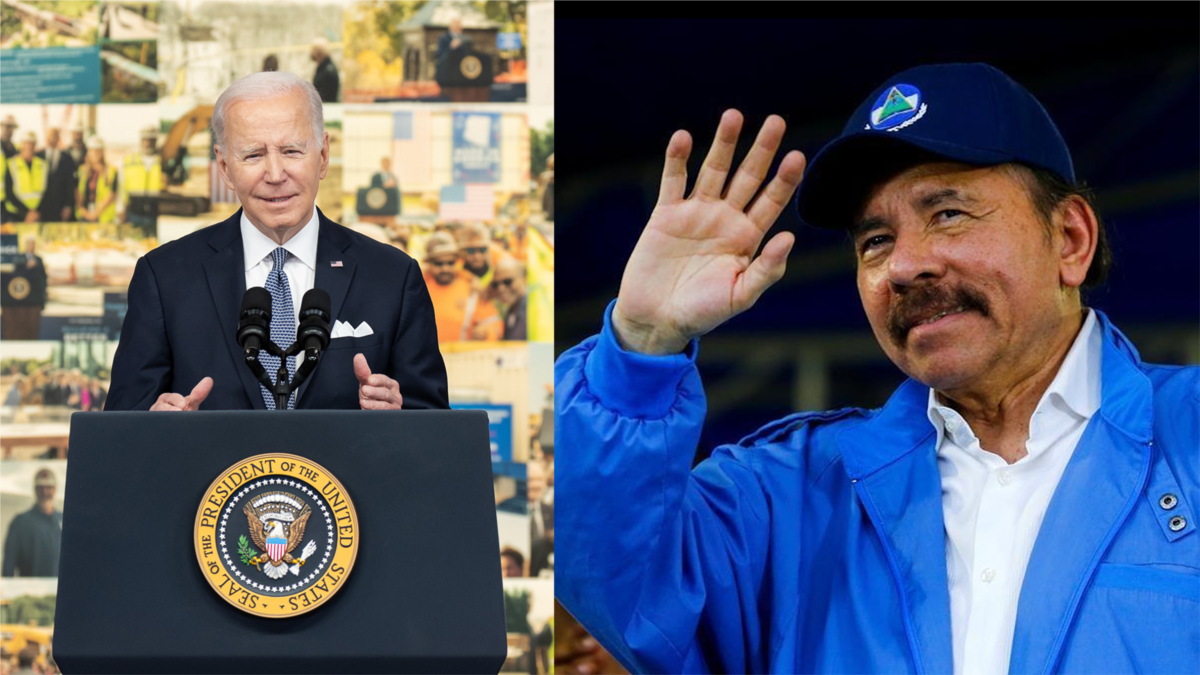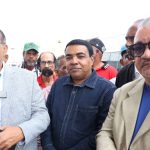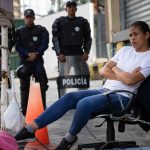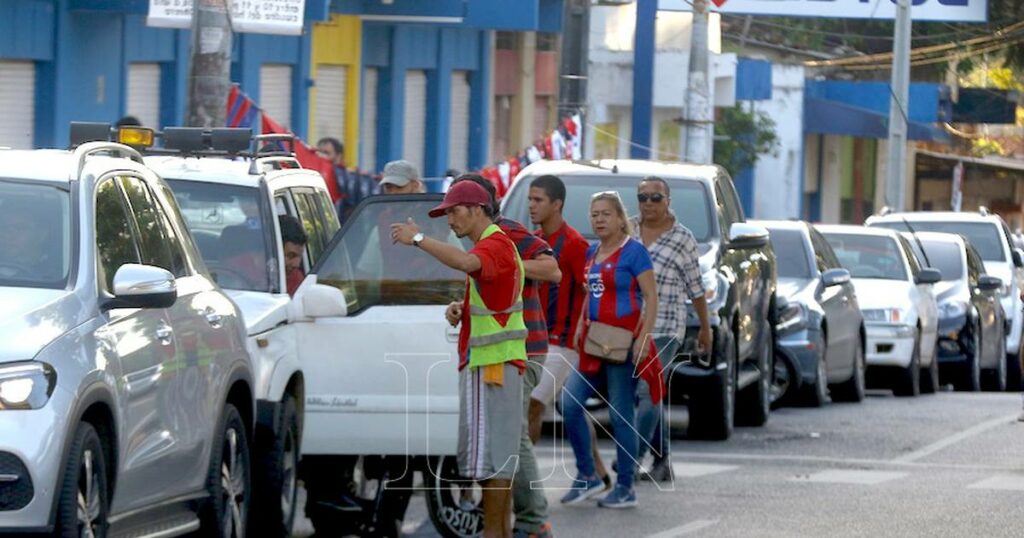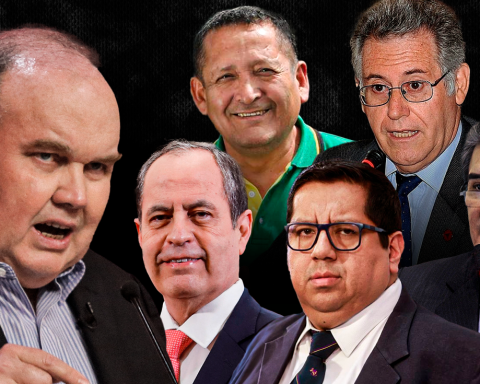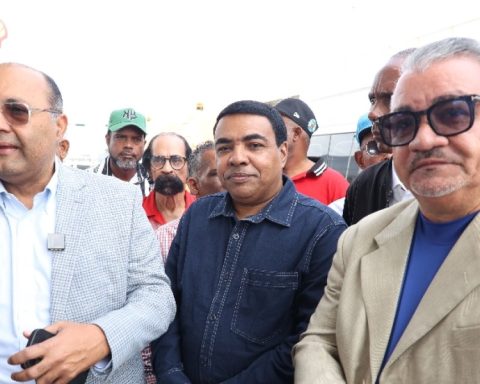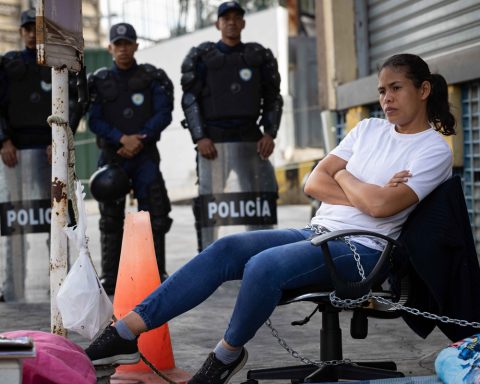Relations between Managua and Washington have deteriorated drastically in the last two years, say analysts consulted by the Voice of America.
Some even argue that the sanctions imposed on officials close to President Daniel Ortega, as well as the measures that weigh on important economic items in the country, such as gold, have intensified the discontent of the Nicaraguan government, accused of violating human rights.
The policy of the Joe Biden government, says Cynthia Arnson, former director of the Wilson Center, based in Washington, DC, has sought to make hundreds of Nicaraguan officials pay “for corruption” and for responsibility in what she describes as “atrocities against human rights “.
However, Arnson believes that the current US government has been reluctant to impose widespread economic sanctions “for fear of causing major economic problems in the second poorest country in the hemisphere.”
“Such difficulties would increase migratory pressures, not only to the United States, but also to Costa Rica,” the expert told the VOA.
Ortega: from hopes to threats
In January 2021, when Biden assumed the US presidency, Ortega seemed optimistic and with plans for an eventual rapprochement between the two governments. In his words, Ortega even said that he hoped to work with Washington based on a “policy of respect and understanding.”
Over time, anti-American rhetoric intensified from Managua. Last October, for example, Ortega rejected the sanctions applied by the United States to the mining industry in his country and to 500 of his officials.
“Keep imposing sanctions and more immigrants will go to the United States. As much as they want to close the doors, there is no door that they can close to immigrants,” Ortega said in October.
US open to eventual “positive steps” in Managua
In early January, the US Assistant Secretary of State for Western Hemisphere Affairs, Brian Nichols, assured the VOA that the Biden government is willing to respond to “positive steps” by the Ortega government, including the release of political prisoners and the restitution of “minimum rights” to its citizens.
Otherwise, Nichols said, Washington would be willing to deepen sanctions “against members of the regime.”
Migration: Ortega’s weapon
The Nicaraguan exodus, along with others from countries in crisis such as Venezuela and Cuba, have put the current US administration in check.
During fiscal year 2022, the Biden administration received more than 164,000 migrants from Nicaragua and although they are not entirely attributed to political reasons, some analysts consider it a form of “blackmail” on the part of Ortega.
“Across the Mexican border…communities have been pressing the North American border in search of freedom, in search of justice and democracy. This is a collateral effect of institutional weakness, the absence of democracy, human rights violations, and the economic crises that have plagued the countries of the Latin American region,” said former Nicaraguan congresswoman Edipcia Dubón, in conversation with the VOA.
According to Dubón, apart from the migration phenomenon, President Biden’s coming to power has been marked by other fundamental elements such as the post-pandemic, the war in Ukraine and the supply crisis. All of them, he exposes, have forced Washington to undertake a foreign policy management due to the complex world scenario.
These reasons, indicates the former deputy, have greatly slowed down the operational capacity, visibility and ability to respond to the demands that the government has in terms of foreign policy.
“His ability is not so visible. Yes, there were some interesting post-pandemic actions, such as the visit of Vice President Kamala Harris to Guatemala and Mexico”, highlights Dubón.
What Diplomacy Couldn’t Do
The Biden government has also faced a refusal from Nicaragua to seek a dialogue to find a way out of the sociopolitical crisis in the Central American nation. In fact, the Ortega government has made the diplomatic path difficult by refusing to accept Biden’s nominee for US ambassador in Managua, whom he has accused of “interference” and “getting involved in national issues.”
However, for Washington, diplomacy “remains an important tool” to form “a constructive bilateral relationship is best supported by the exchange of ambassadors,” the State Department recently said in response to a query from the VOA.
The spokesman added that the sanctions “are not designed to punish” but rather to “encourage the regime to change course.”
Diplomacy remains an important tool as we address the variety of challenges we face in Nicaragua.
However, despite the fact that Managua has not reacted to the measures, the US considers that it will continue to “explore additional coordinated multilateral pressure” using the diplomatic and economic tools at its disposal.
Cynthia Arnson, for her part, indicates that there is much more that the Biden administration can do on the economic front, but warns that “the costs, not only for the Nicaraguan people, but also by providing a greater incentive for alliances with powerful authoritarian forces like Russia and Iran, serve as an impediment to further severe action.”
“The extent of Ortega’s internal repression shows that he is willing to do anything to suppress dissent, even within his own ranks, in order to maintain power for himself and his family,” he concluded.
Connect with the Voice of America! Subscribe to our channel Youtube and activate notifications, or follow us on social networks: Facebook, Twitter and instagram
